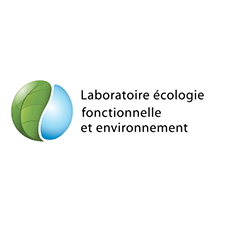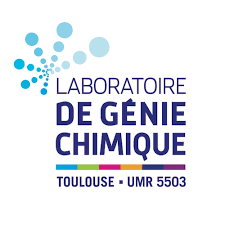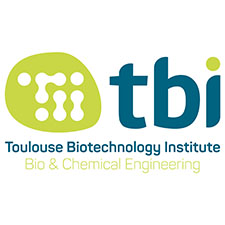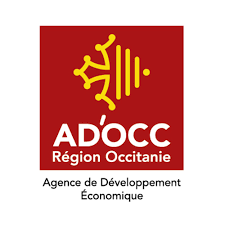Offre de stage master – Hybrid process for organic micropollutants removalOffre de stage master –
INTERNSHIP PROPOSITION 2022 – Engineer (last year) / Master 2 Hybrid process for organic micropollutants removal Supervisor: Claire ALBASI (claire.albasi@ensiacet.fr)…




















